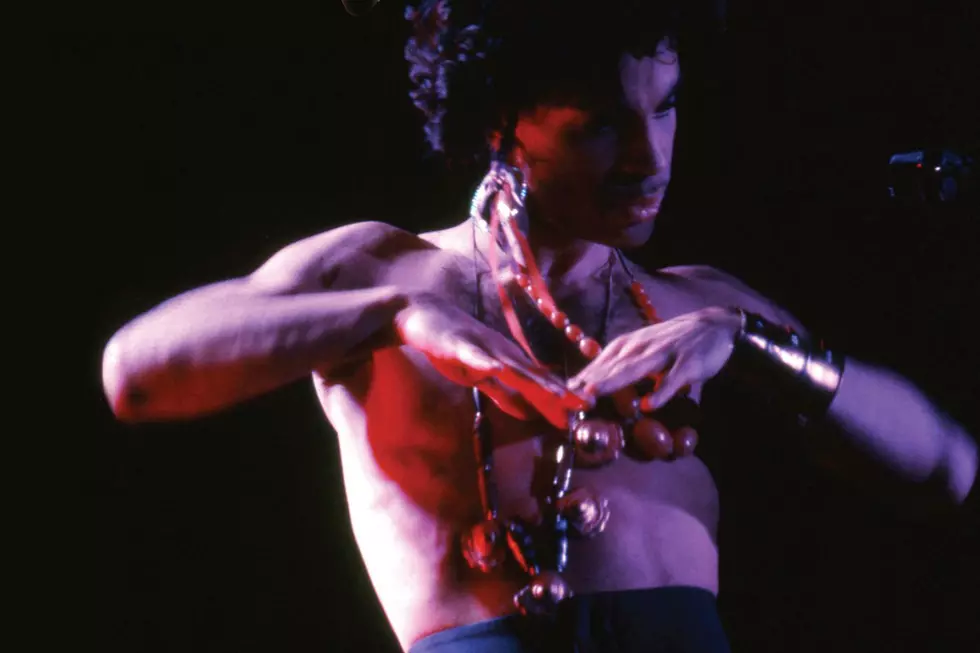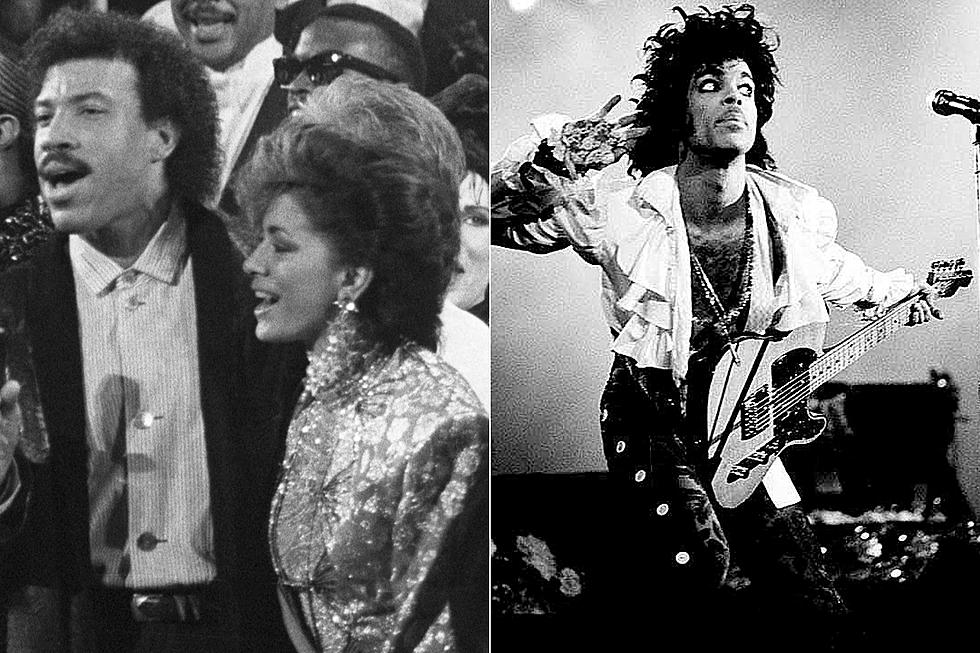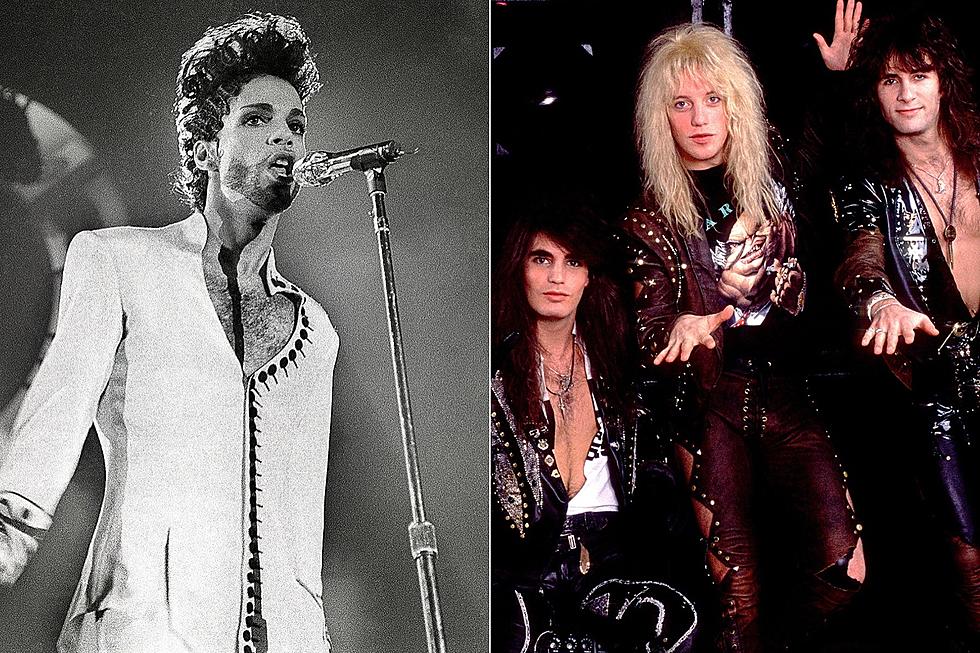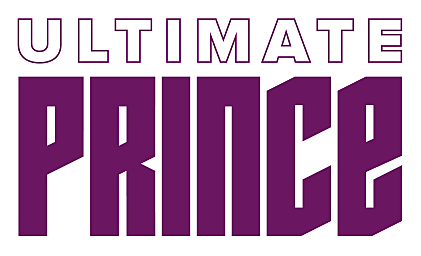
35 Years Ago: Prince Admits ‘I Could Never Take the Place of Your Man’
“I Could Never Take the Place of Your Man” was issued as a single on Nov. 3, 1987. It was the fourth and final commercial single to be culled from Prince’s critically acclaimed opus Sign 'O’ the Times, which arrived in stores the previous spring.
This power-pop gem became Prince’s 12th Top 10 hit on the Billboard Hot 100, peaking at No. 10 in early 1988. “I Could Never Take the Place of Your Man” also became the first Prince single to chart pop but miss the R&B listing entirely. The song’s b-side, “Hot Thing” (remixed by Shep Pettibone and marking the first time Prince allowed an outside producer to touch his work), was promoted to urban radio stations and placed at No. 14 on the R&B chart, while reaching No. 63 pop independently from its a-side.
Watch Prince Perform "I Could Never Take the Place of Your Man"
“I Could Never Take the Place of Your Man” comprises one of Prince’s most compelling lyrical narratives and also provides a sober contrast to the song’s peppy instrumental background. The song tells the story of a woman who encounters Prince in a bar. After Prince asks her to dance, the woman asks if he’s qualified to take on a more substantial role in her life. Her partner recently left her alone, with a baby (and another one on the way). Prince, to his credit, states that he’s not interested in fulfilling that particular spot, singing “I may be qualified for a one-night stand," which changes in the second verse to “You wouldn’t be satisfied with a one-night stand.” “I Could Never Take the Place of Your Man” reflects a maturity that Prince had yet to explore regularly in his lyrics, which is even more surprising when it’s noted that the song was originally conceived of and recorded in 1982, five years before it was released.
In 1986, Prince reworked it, lengthening the song with an instrumental passage containing some of his finest guitar work. That instrumental coda is excised from the song’s radio edit, but the full-length LP version gained rave reviews, with Spin writer Bart Bull gushing “[the guitar solo] starts building, it starts cooking, it starts rising and lifting and raising...and then he takes it all off the stove and sets it aside. The only sound that’s left is that of lesser mortals everywhere smiting their foreheads.” In Rolling Stone, Kurt Loder called “I Could Never Take the Place of Your Man” “the most irresistible guitar-rocker Prince has done since 1980’s ‘When You Were Mine.’”
Prince was clearly fond of the song, as it featured in the track listings for Dream Factory and Crystal Ball, two albums Prince and the Revolution conceptualized and sequenced before the band disbanded and those projects were morphed into what ultimately became Sign ‘o the Times (which is credited to Prince solo). “I Could Never Take the Place of Your Man” quickly became a live favorite and allowed Prince to flex his guitar skills as he and his new band traipsed through Europe on the Sign o’ the Times tour. The live arrangement was notable because it added horns into the mix, with Eric Leeds and Matt “Atlanta Bliss” Blistan adding embellishments to the chorus melody and including a bit of the cut “Rock Hard in a Funky Place” (later added to the Black Album) in the outro.
That tour never made it to the U.S., but a concert film was shot (and then reshot on the Paisley Park sound stage after the European footage was deemed unusable). The video for “I Could Never Take the Place of Your Man” was culled from that film, which arrived in theaters just three weeks after the single’s release. Unfortunately, the movie was not a huge hit at the box office, despite solid reviews.
Just a few years after “I Could Never Take the Place of Your Man”’s release, other artists began covering it. The Goo Goo Dolls delivered their version of it in the early ‘90s, and they were followed a couple of years later by Eels. The most commercially successful remake of the song, however, came from Jordan Knight. The former New Kid on the Block turned Prince’s pop/rock gem and turned it into an R&B beat ballad (with the help of co-producer Robin Thicke). The song became a minor airplay and MTV hit in 1999. Prince himself reconfigured the song as a slower, sludgier blues jam. Recorded live with his all-female troupe 3rdEyeGirl, he briefly posted the new version on YouTube in 2013.
Prince's 'Saturday Night Live' History
More From Ultimate Prince










